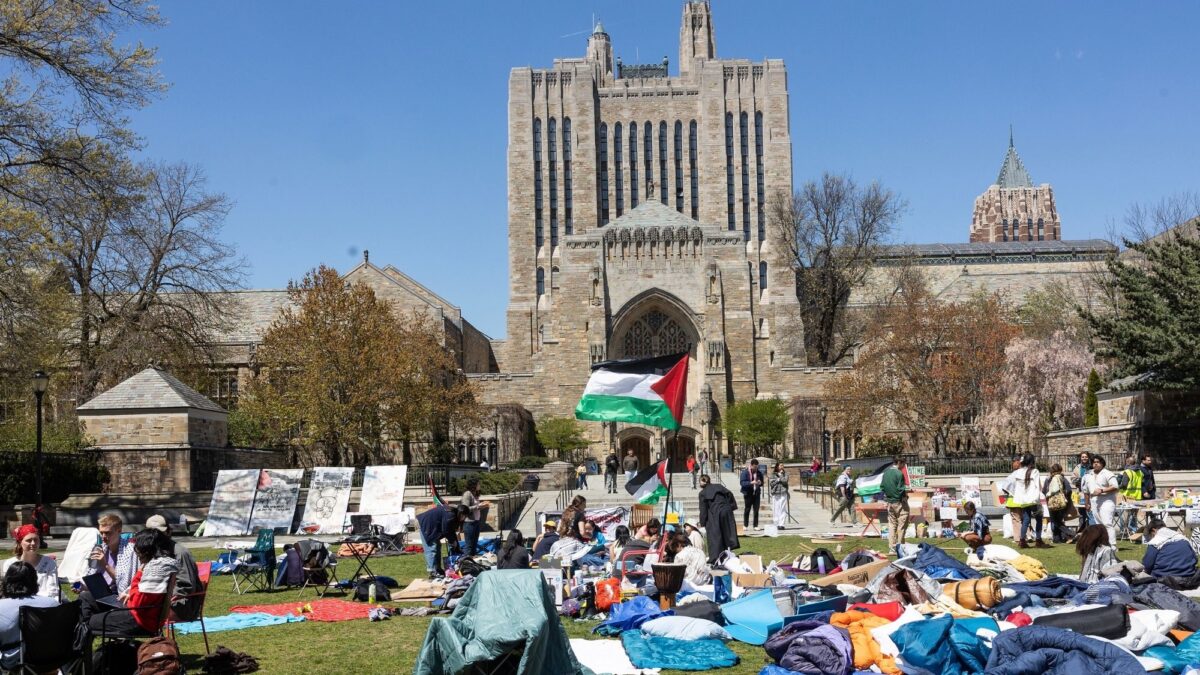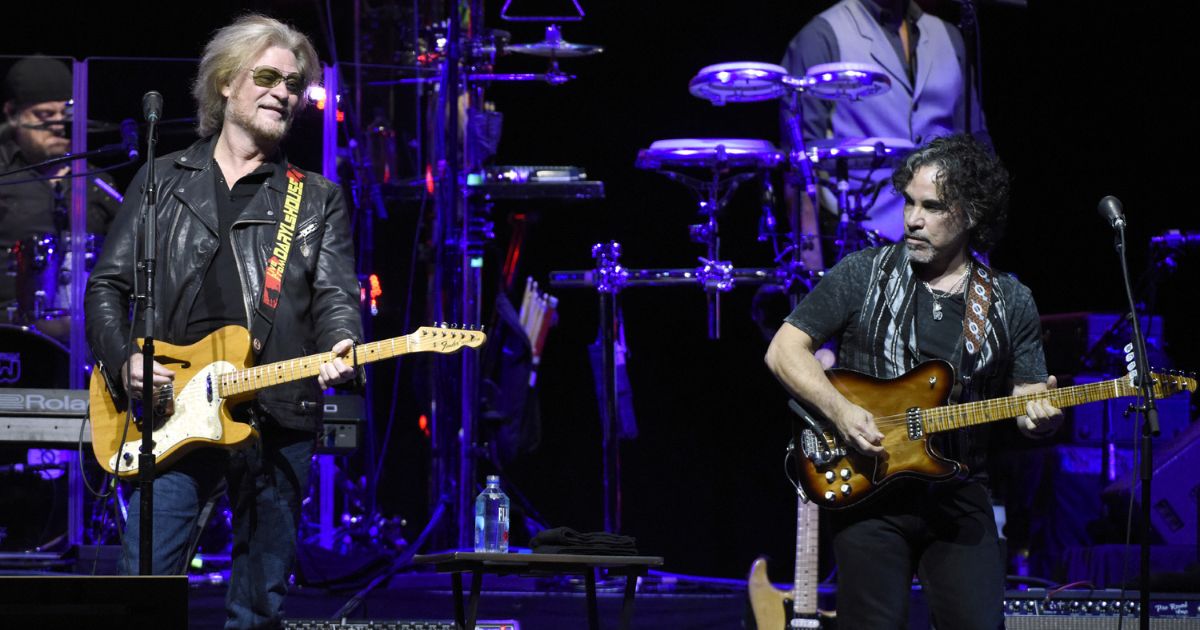Supreme Court Case Could Erode Agency Authority
The Supreme Court will review Starbucks’ challenge to rehire union activists fired in Tennessee. The case, Starbucks Corp v. McKinney, known as the “Memphis 7” case, involves agency power limits. Starbucks contests the court’s decision to reinstate employees before final judgment, arguing for a stricter legal standard. This case could impact how courts handle labor disputes under the National Labor Relations Act.
The Supreme Court will hear arguments Tuesday over Starbucks‘s challenge to an order requiring it to rehire fired union activists, giving the justices another shot at paring back agency power.
Justices will hear the case Starbucks Corp v. McKinney, which stems from the firing of seven employees in Memphis, Tennessee, in February 2022. Those terminated employees have since become known as the “Memphis 7.”
Starbucks and the National Labor Relations Board will appear before the nine-member high court to debate how federal courts should treat the agency’s request for a district court judge to order those employees reinstated while their case proceeds. A lower court judge agreed, and the Memphis 7 returned to work in September 2022.
Starbucks appealed a lower court judge’s decision to the U.S. Court of Appeals for the 6th Circuit, which affirmed the district court’s findings. Now the coffee giant is telling the high court that the 6th Circuit erred because it applied a two-factor test rather than a more strict four-factor test.
The four-factor test is essentially a much more stringent way of considering the likelihood that a party seeking an injunction for relief will succeed on the merits. That test requires the consideration of the likelihood that the party seeking the injunction will ultimately win, if the party will suffer irreparable harm without preliminary intervention by the court, if the balance of equity tips in that party’s favor, and the general public’s interest.
The coffee company is essentially asking the justices to “restore uniformity” under the National Labor Relations Act, according to its brief to the nine justices, saying the simple two-factor test is far too lenient. The NLRA includes a section that provides plaintiffs with the basis for seeking injunctions against employers during ongoing labor disputes.
“Starbucks’s petition essentially asks SCOTUS to reject the notion that when the NLRB seeks a preliminary injunction, the lower court should give deference to the NLRB’s version of events even if the employer presents substantial evidence that calls into question the NLRB’s version of events,” Jonathan Turner, a partner at Mitchell Silberberg & Knupp, told the Washington Examiner.
Turner said in this case, it appears as though Starbucks has shown significant evidence that calls into question the NLRB’s version of events.
Starbucks presented video evidence in lower court proceedings that revealed the Memphis 7 were only discharged from their duties after they had violated company policy by returning to a store location after hours, letting in news crews, and locking the doors behind them “so that the interviews could occur regarding their union organizing efforts,” according to Turner.
Ronald Mann, who wrote a preview of the case for SCOTUSBlog, said the case on Tuesday “may be yet another step in the court’s seeming effort to curtail the power of federal agencies this term.”
The Supreme Court has already this term weighed several cases asking the justices whether to curtail or in some ways limit the broader deference to federal agencies. The justices have already been asked to do away with the 1984 Chevron doctrine, the long-standing precedent that federal courts should defer to an agency and its “reasonable” interpretation of congressional statutes.
CLICK HERE TO READ MORE FROM THE WASHINGTON EXAMINER
“I would be surprised if several of the justices are not attracted to the logic of holding an agency to the same standard the court traditionally applies for private litigants, leaving it to Congress to specify departures from that standard,” Mann wrote for his preview of the Starbucks case, adding that he expects “some justices will be disturbed by the NLRB’s extensive attention on Starbucks.”
Arguments will be heard Tuesday at 10 a.m. local time, and a decision in the case is expected by the end of June.
" Conservative News Daily does not always share or support the views and opinions expressed here; they are just those of the writer."





